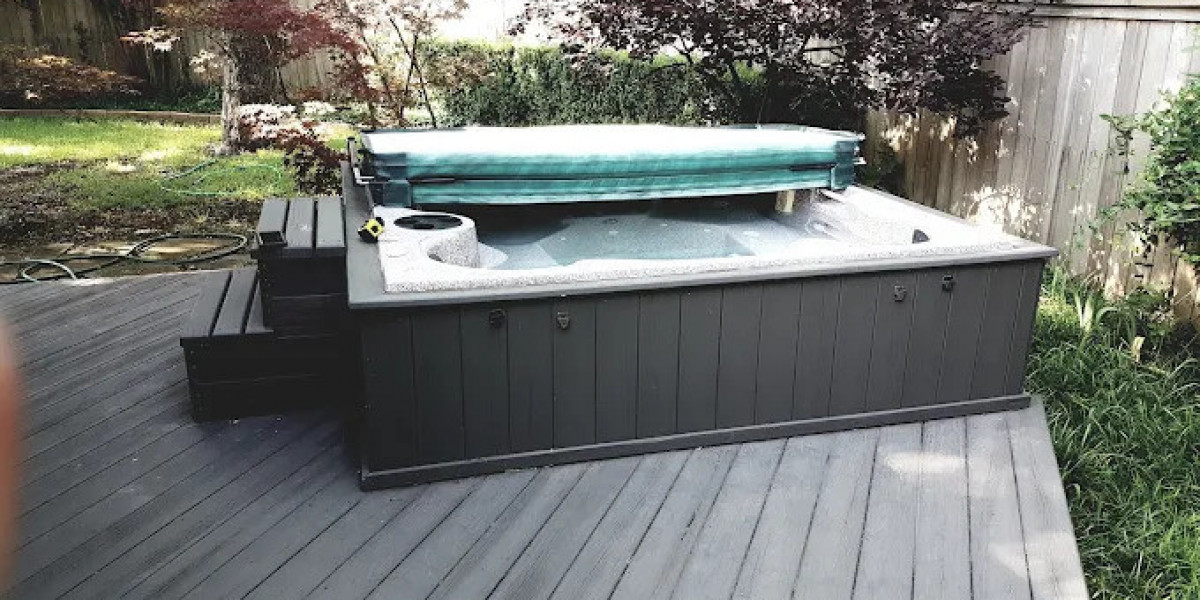Introduction
3-phase motors are the backbone of industrial machinery, known for their efficiency and high torque. However, many home workshops or small businesses only have access to single-phase power, creating a challenge. This guide explores practical solutions for running a 3-phase motor on single-phase power, balancing technical feasibility with cost-effectiveness.
Why 3-Phase Motors Struggle with Single-Phase Power
3-phase motors rely on three alternating currents, each 120 degrees out of phase, to generate a rotating magnetic field. This design ensures smooth starts and consistent torque. Single-phase power lacks this phase shift, resulting in:
No Self-Starting Capability: The motor hums but doesn’t rotate without an initial push.
Reduced Efficiency: Even if started, the motor may overheat or operate below capacity.
Methods to Run a 3-Phase Motor on Single-Phase Power
1. Rotary Phase Converters (RPCs)
How It Works: An RPC uses a idler motor to generate a third phase, creating a balanced 3-phase output.
Pros: Handles heavy loads; suitable for multiple motors.
Cons: Expensive; requires maintenance.
2. Static Phase Converters (SPCs)
How It Works: Capacitors provide a phase shift during startup, tricking the motor into initiating rotation.
Pros: Affordable; compact.
Cons: Reduces motor capacity by 30%; not ideal for continuous use.
3. Variable Frequency Drives (VFDs)
How It Works: A VFD converts single-phase AC to DC, then synthesizes 3-phase AC with adjustable frequency.
Pros: Energy-efficient; enables speed control.
Cons: Requires technical expertise; higher upfront cost.
4. Capacitor Start-Capacitor Run (CSCR)
How It Works: Combines start and run capacitors to simulate phase shifts for both starting and running.
Pros: Cost-effective for small motors.
Cons: Manual tuning needed; limited to low-power applications.
Comparing Phase Conversion Methods
| Method | Cost | Efficiency | Complexity | Best For |
|---|---|---|---|---|
| Rotary Converter | High | High | Moderate | Industrial setups |
| Static Converter | Low | Moderate | Low | Intermittent use |
| VFD | Moderate | High | High | Precision tasks |
| Capacitor Method | Low | Low | Moderate | Small motors |
Step-by-Step Guide: Using a VFD for Single-Phase Conversion
Select a VFD: Ensure it’s rated for 1.5x your nerdle motor’s power to handle surge currents.
Wire the VFD: Connect single-phase input to terminals L1 and L2; link the motor to U, V, W outputs.
Configure Settings: Adjust frequency (Hz) and voltage per motor specifications.
Test Safely: Start at low speed, monitoring for unusual noises or overheating.
Safety Considerations
Derate the Motor: Expect 20-30% power loss; avoid overloading.
Overload Protection: Install thermal relays to prevent burnout.
Professional Help: Consult an electrician for complex setups.
Optimizing Performance
Voltage Matching: Use a transformer if single-phase voltage doesn’t match motor requirements.
Cooling Systems: Add fans to combat heat from reduced efficiency.
Regular Maintenance: Check capacitors and connections for wear.
When to Avoid Single-Phase Conversion
Heavy-duty applications (e.g., industrial compressors) may require true 3-phase power. Conversion risks motor damage and inefficiency in such cases.
FAQs
Q: Can all 3-phase motors run on single-phase power?
A: No. Motors must be dual-voltage rated (e.g., 220V/440V).
Q: Does a VFD change motor speed?
A: Yes—it allows adjustable RPM, enhancing versatility.
Q: What’s the cheapest method?
A: Static converters or capacitors, but with performance trade-offs.
Conclusion
While running a 3-phase motor on single-phase power is feasible run 3 using converters, VFDs, or capacitors, each method has trade-offs in cost, efficiency, and complexity. Assess your motor’s requirements, prioritize safety, and consider consulting a professional for optimal results. With the right approach, you can unlock the versatility of 3-phase motors even in single-phase environments.
Keywords: running 3 phase motor on single phase, phase converter, VFD, capacitor start, single-phase power, motor efficiency.
By integrating these strategies, you ensure your content is SEO-optimized, informative, and actionable—perfect for DIYers and technicians alike.








